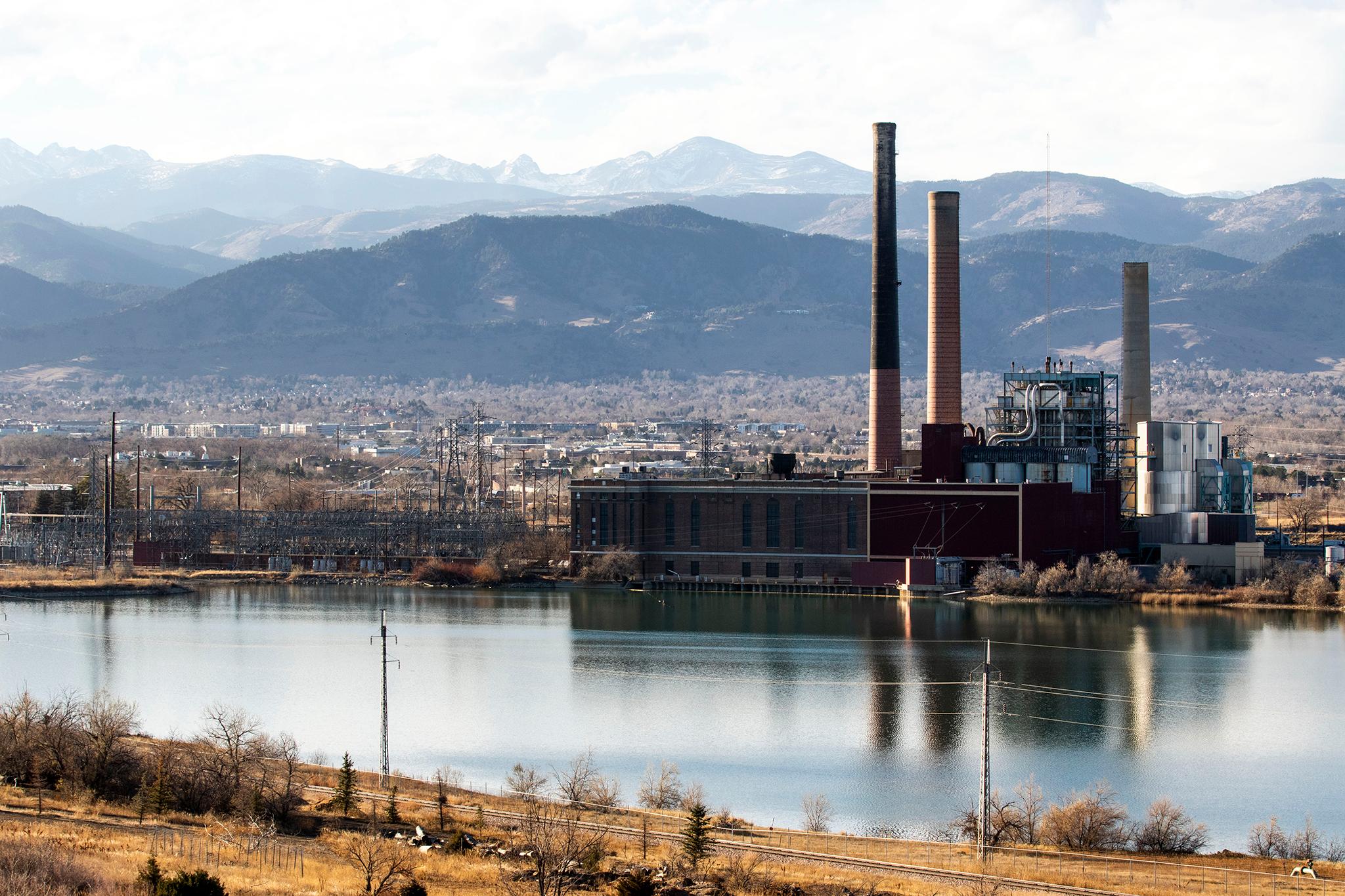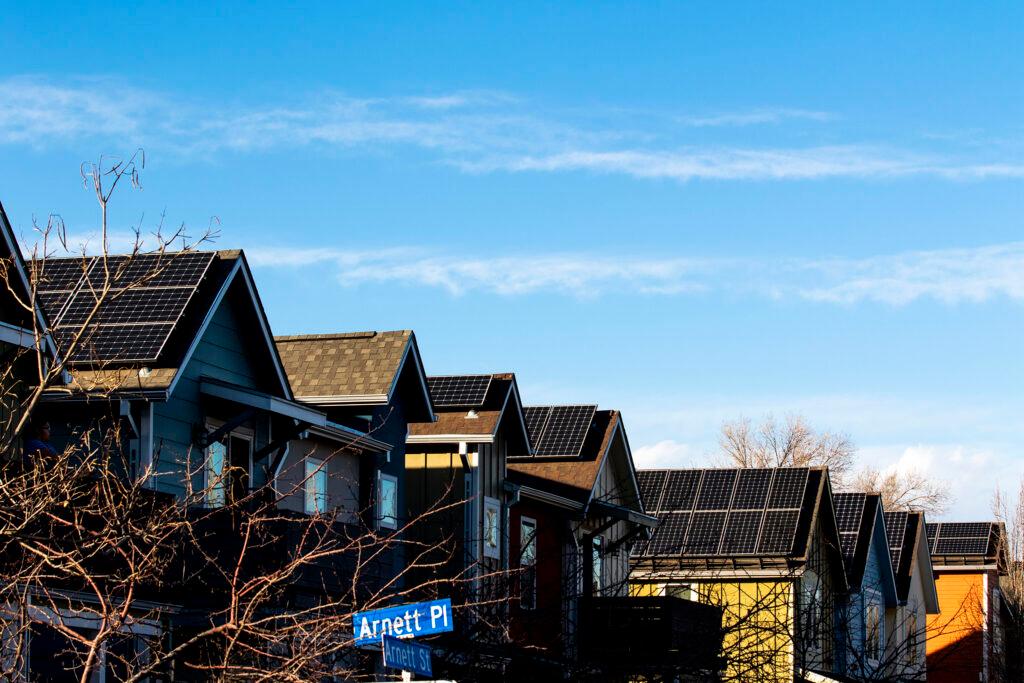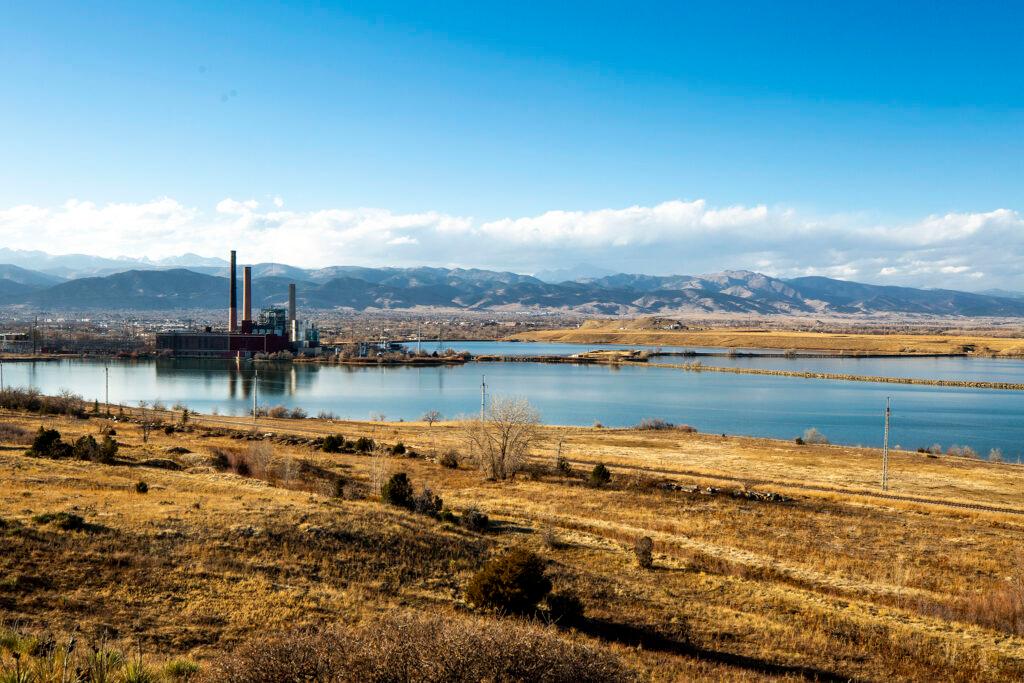
A decade ago, Boulder set out to form its own electric utility to fight climate change. If the city could own its power it could control the source, and the community was frustrated with Xcel Energy’s slow transition to renewable energy.
But on Election Day 2020, Boulder voters decided to ditch their efforts for now.
To form its own utility, Boulder needed to pull off what few have done before — a city takeover of Xcel’s electric company’s power lines and poles. An ad from New Era Colorado that ran to win public support for local power during the fight compared the situation to the battle between David and Goliath.
“This is a story that might just be the shot across the bow for how our society finally addresses climate change,” the ad continued.
After a decade-long fight and millions of taxpayer's dollars, it seems David and Goliath are now shaking hands. Voters agreed to stop the takeover attempt, known as municipalization, and try again to work with Xcel.
So, what happened?
“There really wasn't much of a track record for this, and certainly not in Colorado,” said Bob Yates, Boulder’s Mayor Pro Tem and a city council member. “No one had done this for a very, very long time. There was no roadmap.”
In 2010, the Boulder City Council voted to cut ties with Xcel and the following year, voters agreed to start and fund a publicly owned electric utility. Yates was not a council member when the group first pitched the idea for public power. But he knows how frustrated the community was trying to work with Xcel on reducing greenhouse gas emissions.
“The only way they felt to accelerate the conversion to renewable sources was to start its own municipal utility in Boulder,” Yates said.
A decade later, it was the council that asked voters if they wanted to try working with Xcel again. The city started to run out of the $29 million taxpayers had provided for the municipalization fight, and the coronavirus pandemic made the budget situation even shakier.
“There was a realization that going to the voters asking for more money on an endeavor that really wasn't making a whole lot of progress, was probably not in the cards,” Yates said.
Xcel also isn’t the same company it was in 2010, Yates noted. Back then, 13 percent of the company’s electricity came from renewables. The company reached 28 percent in 2019 and is on track to be at 60 percent renewable energy by 2030.
“Municipalization may have been a good idea at the time, but things have changed,” Yates said. “And we've just put together a package that we think gets us pretty close to what we were trying to achieve with municipalization.”

That package is a settlement agreement. If the company doesn’t reach its emissions goals, voters can sign off on resuming efforts to create a public power utility. But for some who’ve been fighting for municipalization for the last decade, working with Xcel now doesn’t seem like the right idea.
“[Xcel] has moved forward, no question about it,” said Julie Zahniser, a member of the activist group Empower Our Future. “But they have not moved far enough, and they don't plan to move fast enough to meet the climate emergency.”
Zahniser wishes Boulder could have moved quicker with municipalization, but that was hard with Xcel fighting the city’s every move. Ultimately, few communities are successful at taking over an investor-owned utility.
Ursula Schryver, of the American Public Power Association, said in the last two decades, just 12 communities have municipalized.
“The municipalization process is not an easy one. It takes commitment, it takes time and it takes money,” Schryver said.

If Boulder had pulled it off, Schryver said it would have been one of the largest cities to municipalize. But she doesn’t consider the end of their efforts as a total loss.
“If the community is able to get what they need from their incumbent utility, then we really look at that as local choice, local decision-making, and that’s really what public power is all about,” Schryver said.
Xcel Energy president Alice Jackson said technology advancements have driven the shift in the company’s sources of power as renewable energy gets cheaper.
“But there's also a significant component of that, that has been driven by our customers and their interest in moving that direction,” Jackson said.
Boulder wanted a public utility to fight climate change. But the high cost of electricity has pushed other cities to consider publicly-owned energy.
Earlier in 2020, voters in Pueblo shot down municipalization. But the story might be different in nearby Cañon City, where voters recently rejected an agreement with their energy provider, just like Boulder did a decade ago. Cañon City could be the next community in Colorado to try to take power away from their electric utility.









